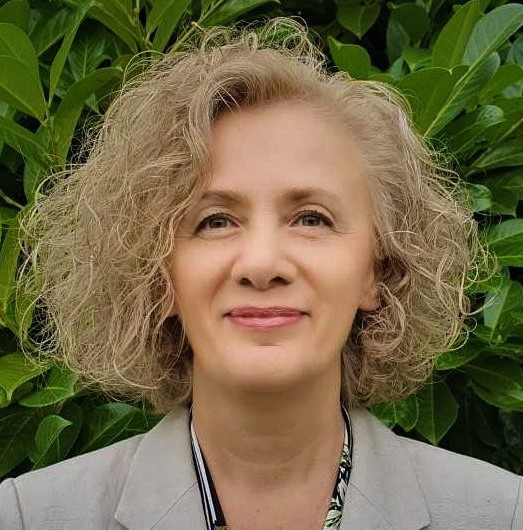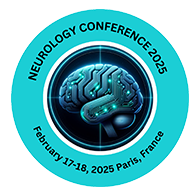
Prof. Hatice Tankisi
Clinical Professor, Department of Clinical Medicine - Department of Clinical Neurophysiology
AARHUS UNIVERSITY
Denmark
Biography
Hatice Tankisi, is a Consultant in Clinical Neurophysiology at Aarhus University Hospital and Professor at Aarhus University, Denmark. She is serving as the secretary and treasurer of ExCo Europe-Middle East-Africa Chapter, International Federation of Clinical Neurophysiology (EMEAC-IFCN) since 2018 and Co-chair of the Clinical Neurophysiology Panel, European Academy of Neurology (EAN) since 2020.
She was born and studied medicine and trained as a neurologist in Turkey and then moved to Denmark in 2000, did her PhD and trained as a neurophysiologist in Denmark.
Her main research interests are peripheral nerve, muscle and cortical excitability tests with threshold tracking and motor unit number estimation methods for diagnosis and understanding disease pathophysiology in neurological disorders particularly ALS, diabetic and inflammatory polyneuropathies and myopathies. She has more than 100 peer-reviewed papers and 6 book chapters. Hatice Tankisi has been a member of the European Multicenter EMG network, ESTEEM since 2000 and is serving as the leader of ESTEEM since 2020. She is also a member of the International Diabetic Neuropathy Consortium (IDNC), multicentre IMI-PainCare project and the QTMS Research Group.
Research Interest
ALS is a rare deadly neurodegenerative disease, characterized by progressive degeneration of upper and lower motor neurons. The tragic progress of the disease requires an urgent initiative to develop biomarkers for early diagnosis of the disease and to understand the pathogenesis that may facilitate development of therapeutic approaches. There are several ongoing drug trials, however these include probable and definite ALS, which is the very advanced stage of the disease.

